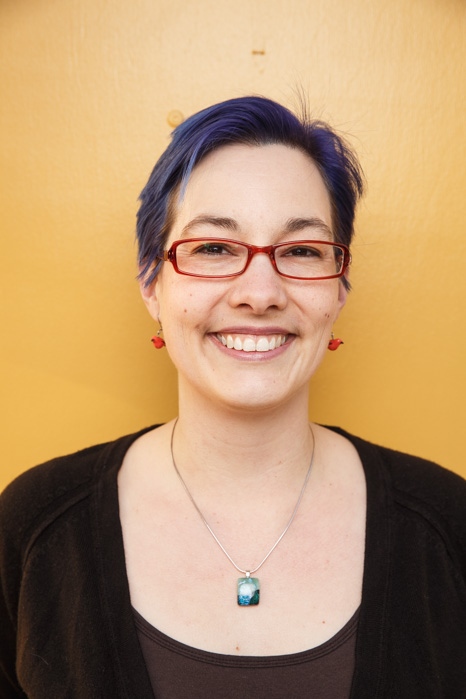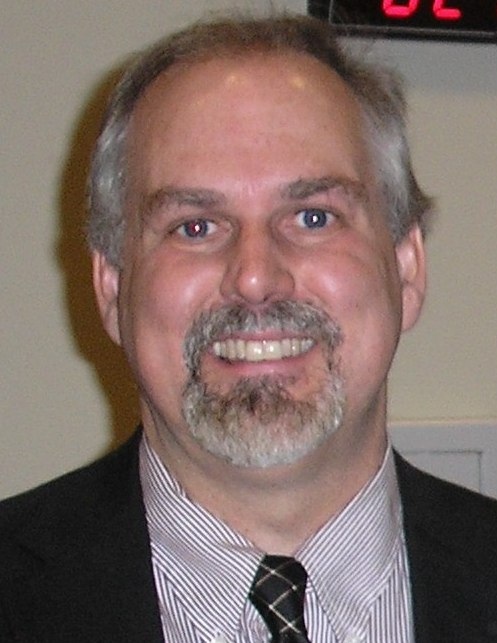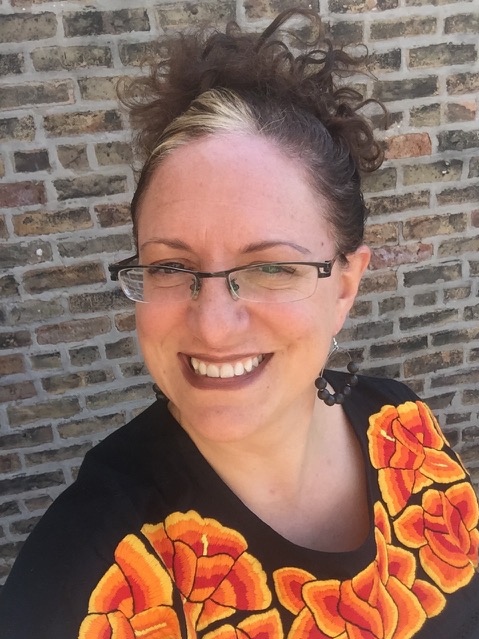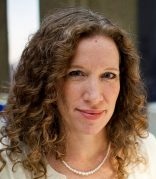2020 Plenary Speakers Information
PLENARY SPEAKERS
—2020 ITBE CONVENTION—
FRIDAY MORNING SPEAKER (2/28/2020) at 9:00 A.M.-10:00 A.M.
 KORY STAMPER
KORY STAMPER
Kory Stamper has been a lexicographer and editor for two decades, and has grappled with everything from the meaning of "god" to the vagaries of "the" for native speakers and English-language learners alike. Her writing on language, lexicography, and usage has appeared in The New York Times, The Boston Globe, The Washington Post, and in her best-selling book Word by Word: The Secret Life of Dictionaries. She currently works with Cambridge Dictionaries as a senior editor of American English on their ELL dictionaries, and is presently writing more books about the wild, wending paths that the English language takes.
SESSION TITLE AND ABSTRACT:
English and How It Got This Way: A Quick History
Students often ask questions about English that don't seem to have an answer. Why does English have so many words that mean the same thing? "Think," "thought," "thought"--so it must be "sink," "sought," "sought"? And you mean to tell me that "though," "rough," and "bough" don't rhyme, but "one," "bun," and "ton" do? Let best-selling author and lexicographer Kory Stamper take you on a whirlwind tour of the history of English, where she'll contextualize how English got this way, provide some basic answers for your student's persnickety questions, and explain why this frustrating flexibility is a feature, and not a bug.
Students often ask questions about English that don't seem to have an answer. Why does English have so many words that mean the same thing? "Think," "thought," "thought"--so it must be "sink," "sought," "sought"? And you mean to tell me that "though," "rough," and "bough" don't rhyme, but "one," "bun," and "ton" do? Let best-selling author and lexicographer Kory Stamper take you on a whirlwind tour of the history of English, where she'll contextualize how English got this way, provide some basic answers for your student's persnickety questions, and explain why this frustrating flexibility is a feature, and not a bug.
FRIDAY AFTERNOON SPEAKER (2/28/2020)
 ALAN SEAMAN
ALAN SEAMAN BIO:
Alan Seaman serves as Professor of TESOL in the Wheaton College Graduate School, where he is the chair of the department of Applied Linguistics and International Education. He has a Ph.D. from the University of Virginia and over 35 years of experience as a teacher and teacher educator. Alan has worked as a high school ELL teacher and program director for a public school system, as the coordinator of an English language program for a university, and as an English language teacher in Egypt and China. He has traveled to present teacher training workshops in over 20 countries and has researched the use of the visual arts in China, Colombia, and Indonesia. As the senior editor and author for two comprehensive textbook series, he has been deeply involved in the application of the visual arts and design to the task of materials development.
SESSION TITLE AND ABSTRACT:
Visual Literacy and Second Language Fluency: The Visual Arts and English Language Teaching
The visual arts have a long and varied history in the teaching of foreign languages. This plenary will provide an historical perspective, from the 17th-century philosopher Comenius to today’s digital resources, and will highlight a number of techniques for integrating visual and verbal literacies. Drawing upon his own 35 years of research and teaching, Alan will explore topics such as the use of visual prompts for speaking and writing, the role of semiotics, and how the visual arts can stimulate cultural exploration. These topics will be discussed on a conceptual level and through several activities, applying the artist Paul Klee’s concept that “Art does not reproduce what we see; rather, it makes us see.”
SATURDAY MORNING SPEAKER (2/29/2020) AT 9:00 A.M.- 10:00 A.M. KIM POTOWSKI
KIM POTOWSKI
Dr. Kim Potowski is Professor of Spanish linguistics in the Department of Hispanic & Italian Studies at the University of Illinois at Chicago. She directs the Spanish for Heritage Speakers program and is the founding director of its summer study abroad program in Oaxaca, Mexico. Her research focuses on Spanish in the U.S. and connections between language and ethnic identity. As a Fulbright scholar she studied the linguistic and educational experiences of U.S.-raised Mexican youth whose families had returned to Mexico. She has authored and edited over 12 books including:
- The Handbook of Spanish as a Heritage Language
- “Mexi-Rican” Spanish and identity in Chicago
- El español de los Estados Unidos
- Heritage language teaching: Research and practice
- Language diversity in the USA , and
- · Language and identity in a dual immersion school
SESSION TITLE AND ABSTRACT:
No child left monolingual: The benefits of dual language education
Mainstream education in the U.S. generally suffers from two problems: We don’t help speakers of other languages maintain proficiency in them while they learn English, and we don’t teach non-English languages early enough or very robustly. Dual immersion is an outstanding solution to both challenges. I present research findings from around the U.S., including my own work in the Chicago area, showing how these programs consistently result in higher levels of English learning, academic achievement, and Spanish proficiency for both English language learners and for monolingual English-speaking children. I conclude by highlighting some of the social justice aspects of these programs.
SATURDAY AFTERNOON SPEAKER (2/29/2020) AT 12:50 P.M.- 1:50 P.M.  KARA MORGAN SHORT
KARA MORGAN SHORT
BIO:
Kara Morgan-Short (Ph.D., Georgetown University) is Professor in the Department of Hispanic and Italian Studies and the Department of Psychology at the University of Illinois at Chicago where she directs the Cognition of Second Language Acquisition Laboratory. Informed by the fields of linguistics, cognitive psychology and neuroscience, Kara’s research aims to elucidate the neurocognitive processes underlying adult-learned language acquisition and use. Results of her work have been published in such journals as Language Learning, Studies in Second Language Acquisition, Bilingualism: Language and Cognition, and Journal of Cognitive Neuroscience. She is currently an Associate Editor for Language Learning, serves on various editorial boards, and is the recipient of various awards for teaching and mentoring undergraduate and graduate students.
SESSION TITLE AND ABSTRACT:
It’s electric! What we know about language learning from brain research
This talk aims to provide an overview of some key findings from brain-based, event-related potential research about language learning. First, I will provide a brief overview of event-related potentials, which are recordings of the electrical activity of the brain, and what they can tell us about language. Next, I will present key findings about what event-related potential research tells us about learning new languages. Finally, I will discuss implications for teaching that can be drawn from the research. In all, this brain-based research reveals the human potential to learn new languages through rich, meaningful exposure to language.
This talk aims to provide an overview of some key findings from brain-based, event-related potential research about language learning. First, I will provide a brief overview of event-related potentials, which are recordings of the electrical activity of the brain, and what they can tell us about language. Next, I will present key findings about what event-related potential research tells us about learning new languages. Finally, I will discuss implications for teaching that can be drawn from the research. In all, this brain-based research reveals the human potential to learn new languages through rich, meaningful exposure to language.

Connect with us: